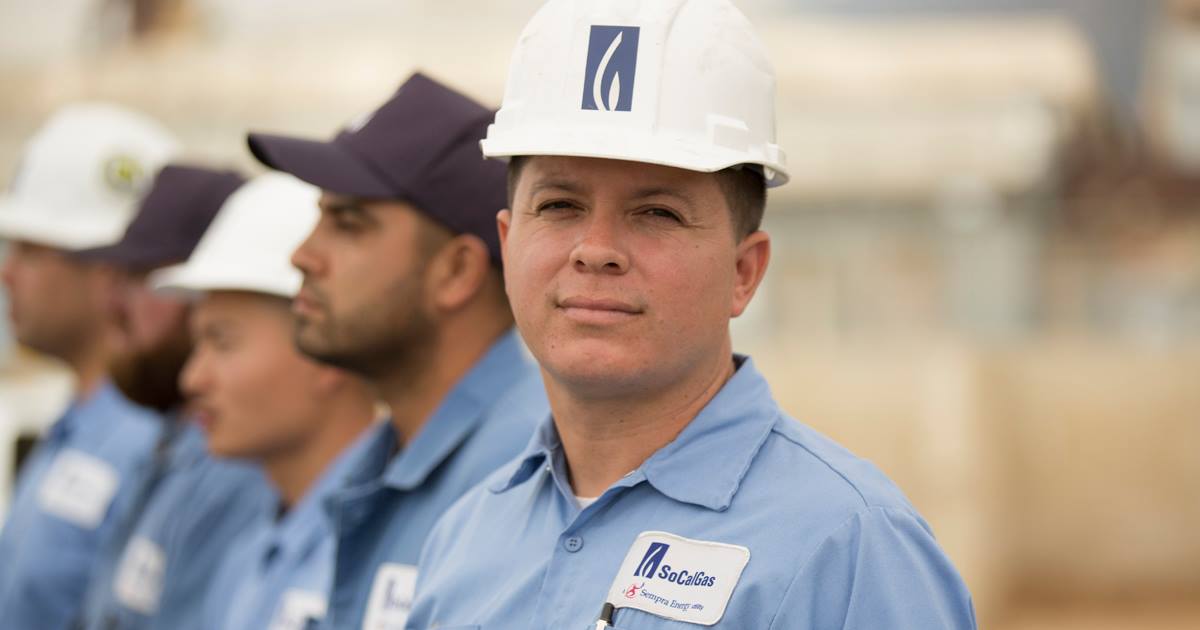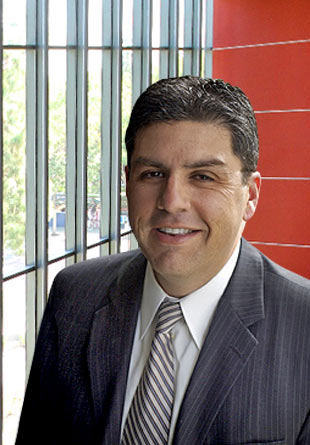A former Angels communications director was convicted Thursday in Texas of providing drugs to pitcher Tyler Skaggs, who died of an overdose in a hotel room while the team was on a 2019 road trip.
Eric Kay, 47, is facing at least 20 years in prison when he is sentenced on June 28. He was immediately taken into custody following the decision by the federal jury in Fort Worth, Texas.
The jury convicted Kay of distribution of controlled substances resulting in death and conspiracy to possess with intent to distribute controlled substances. The panel sided with prosecutors who argued during the trial that Kay gave Skaggs oxycodone laced with fentanyl.
Skaggs, 27, was found dead in his hotel room at the Southlake Town Square Hilton in Southlake, Texas on July 1, 2019. The Angels were staying at the hotel while in town to play the Texas Rangers.
Prosecutors argued during the trial that Kay distributed drugs to multiple players over a period of years. Five former Angels players testified during the trial that they received narcotics from Kay.
The jury deliberated only a few hours before reaching its verdict.
Angels President John Carpino issued a statement following the verdict, saying the organization is “saddened by the devastating heartache that surrounds this tragedy, especially for the Skaggs family.”
“The players’ testimony was incredibly difficult for our organization to hear, and it is a reminder that too often drug use and addiction are hidden away,” he said. “From the moment we learned of Tyler’s death, our focus has been to fully understand the circumstances that led to this tragedy.
“We are thankful that Major League Baseball and the Major League Baseball Players Association have taken the important step to update their drug policies for players using opioids so that they can receive help.”
Last year, Skaggs’ family filed a wrongful death lawsuit against Kay, the Angels and the team’s former vice president of communications, Tim Mead.
The family alleges the Angels “should have known Kay was dealing drugs to players.”
The Angels called the allegations “baseless and irresponsible.”
The team hired a former federal prosecutor to conduct an internal investigation, which found that no one in team management was aware of “any employee providing opioids to any player.”







